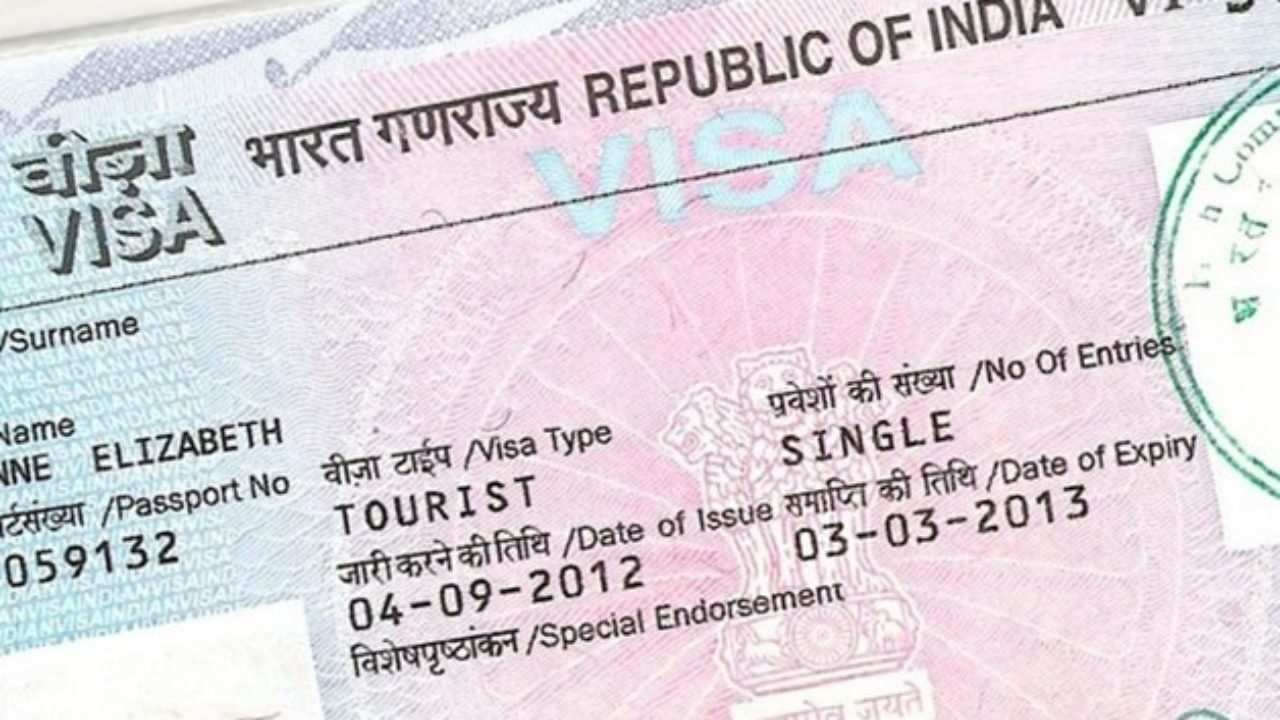If you’re considering pursuing opportunities in the U.S. healthcare or business sectors, understanding the intricacies of the Indian medical and business attendant visa is crucial.
This article will guide you through the eligibility criteria, application process, job prospects, legal requirements, cultural adaptation tips, healthcare and insurance information, as well as support services available to you.
Whether you’re a medical professional looking to broaden your horizons or a business attendant seeking new ventures, having a comprehensive understanding of this visa can pave the way for a successful journey ahead.
Stay informed and prepared as you navigate the opportunities that await with the Indian medical and business attendant visa.
Key Takeaways
- Understand healthcare coverage provided by the Indian medical and business attendant visa
- Research insurance options in India for visa holders
- Identify network providers for medical services
- Be aware of emergency assistance services available for visa holders
Eligibility Criteria for the Visa
If you’re looking to apply for an Indian medical and INDIAN BUSINESS VISA, you’ll need to meet specific eligibility criteria to make your dream a reality. INDIAN MEDICAL ATTENDANT VISA requirements for this type of visa include being a close family member of the primary visa holder who is either seeking medical treatment or conducting business in India. You must provide proof of your relationship with the primary visa holder, such as a marriage certificate or birth certificate. Additionally, you will need to show proof of sufficient funds to cover your expenses during your stay in India and demonstrate your intention to return to your home country after the visit.
The application process for an Indian medical and business attendant visa involves submitting a completed application form along with the required documents, including a valid passport, passport-sized photographs, and a copy of the primary visa holder’s visa. You will also need to pay the applicable visa fee and attend an in-person interview at the Indian embassy or consulate in your home country. It is essential to submit a well-prepared application to increase your chances of approval.
Transitioning into the subsequent section about the application process, it is crucial to follow all the guidelines provided by the Indian authorities to ensure a smooth and successful visa application process.
Application Process
When applying for this type of visa, it’s important to follow the specific application process carefully. The first step is to fill out the visa application form accurately and completely. Make sure to provide all the required information and documentation, including proof of employment, medical certification, and business details.
Once the application is submitted, the processing time can vary, so it’s important to apply well in advance of your planned travel date.
After your application is processed, you may be required to attend a visa interview at the U.S. embassy or consulate in your home country. During the interview, be prepared to answer questions about your medical or business-related activities in the United States. It’s important to bring all necessary documentation to support your application, including letters of recommendation, medical records, and business plans.
Overall, the key to a successful visa application is thorough preparation and attention to detail. By following the application process carefully and providing all required documentation, you can increase your chances of obtaining the Indian medical and business attendant visa. Once you have secured your visa, you can explore the various job opportunities in the U.S. and start planning your future endeavors.
Job Opportunities in the U.S.
Explore job opportunities in the U.S. and broaden your career horizons by taking advantage of the diverse industries and employment options available to you. The job market in the U.S. offers a wide range of opportunities for Indian medical and business attendants seeking career growth. With a growing economy and demand for skilled professionals, there are numerous avenues to explore and excel in your chosen field.
Consider the following table showcasing some of the top industries and job roles that you may want to explore in the U.S.:
| Industry | Job Role |
|---|---|
| Healthcare | Medical Assistant |
| IT | Business Analyst |
| Finance | Financial Analyst |
| Hospitality | Hotel Manager |
Each industry offers unique opportunities for career advancement and professional development. Whether you choose to work in healthcare, IT, finance, or hospitality, there are plenty of options to consider based on your skills and interests.
As you navigate the job market in the U.S., it is essential to familiarize yourself with the legal requirements and regulations that govern working in the country. Understanding these guidelines will help you secure a job and ensure compliance with the necessary procedures.
Legal Requirements and Regulations
Discovering the legal requirements and regulations in the U.S. job market can help you navigate the complexities of finding employment and ensuring compliance with the necessary procedures. Regulatory compliance is crucial when seeking job opportunities in the United States.
Understanding the visa documentation requirements is essential to legally work in the country. As an Indian medical and business attendant visa holder, you must adhere to specific guidelines and regulations to maintain your legal status and eligibility to work.
Ensuring that you have the proper visa documentation is paramount to avoid any legal issues that could jeopardize your job prospects. It is important to stay informed about any changes in visa regulations and requirements to prevent any misunderstandings or complications during the employment process. By staying updated on the latest regulations, you can ensure a smooth transition into the U.S. job market and increase your chances of securing a job in your desired field.
Cultural Adaptation Tips
When adapting to American work culture, it’s essential to understand the nuances of how things operate in a new environment.
Navigating cultural differences can be challenging, but being open-minded and willing to learn will help you succeed.
Building professional relationships is crucial for your success, so take the time to connect with colleagues and build a strong network.
Understanding American work culture
To understand American work culture, you’ll need to adapt to the fast-paced environment and emphasis on individual initiative and teamwork. American work culture values strong work ethics and efficient communication styles. In the table below, you can see a comparison of work culture between India and the US to help you navigate these differences effectively:
| India | United States |
|---|---|
| Hierarchical | Flat organizational structure |
| Formal communication | Direct and open communication |
| Emphasis on relationships | Results-driven approach |
By recognizing and adapting to these differences, you can integrate more seamlessly into the American work culture. This will help you build strong relationships and succeed in your professional endeavors. Next, we’ll explore navigating cultural differences in a diverse workplace setting.
Navigating cultural differences
Adapting to diverse work cultures can be a rewarding experience, fostering understanding and collaboration among colleagues from different backgrounds.
In navigating cultural differences, it’s essential to be aware of various cultural norms and communication styles that may differ from your own. For example, in some cultures, direct communication is valued, while in others, indirect communication is preferred. Understanding and respecting these differences can help build stronger relationships with your colleagues and avoid misunderstandings.
By being open-minded and willing to adapt, you can create a more inclusive and harmonious work environment where everyone’s contributions are valued.
Moving on to building professional relationships, let’s explore how cultural awareness plays a crucial role in establishing strong connections with your peers.
Building professional relationships
After successfully navigating cultural differences in your new role as a medical and business attendant in India, it’s essential to focus on building strong professional relationships.
Communication strategies play a crucial role in fostering these relationships. Be proactive in reaching out to colleagues and superiors, whether through formal meetings or informal conversations. Actively listening and seeking feedback can help you understand expectations and work effectively within the team.
Conflict resolution techniques are also vital in maintaining a harmonious work environment. Address any issues promptly and professionally, aiming for a win-win solution whenever possible. By prioritizing communication and conflict resolution, you can establish yourself as a valuable team member in your new setting.
As you continue to adapt to your role, understanding healthcare and insurance information will be key to your success.
Healthcare and Insurance Information
Navigating the healthcare system and understanding insurance coverage can be overwhelming for those traveling to India on a medical and business attendant visa. To help you make informed decisions, here are some key points to consider:
- Healthcare Coverage: Familiarize yourself with the healthcare coverage provided by your visa. Understand what medical expenses are covered and what may require additional insurance.
- Insurance Options: Research different insurance options available in India for international travelers. Make sure to choose a plan that suits your needs and provides adequate coverage.
- Network Providers: Identify healthcare providers and hospitals that are in-network with your insurance plan. This can help you save on out-of-pocket expenses.
- Claim Process: Learn about the claim process for your insurance plan. Understand how to submit claims and what documents are required for reimbursement.
- Emergency Assistance: Be aware of emergency assistance services offered by your insurance provider. Know how to access help in case of a medical emergency.
Support Services and Resources
If you’re looking for support services and resources in the U.S., you can tap into Indian community networks for guidance and assistance.
Legal aid and counseling services are available to help you navigate any legal issues or challenges you may face.
Additionally, professional development and networking opportunities can help you further your career and connect with like-minded individuals in your field.
Indian community networks in the U.S.
Explore the Indian community networks in the U.S. to connect with like-minded individuals and access resources that can support you during your stay.
The Indian diaspora in the U.S. is a vibrant and close-knit community that values community engagement and support. By getting involved in local Indian cultural organizations, attending community events, and joining social groups, you can build a strong network of friends and allies who understand your background and can offer assistance when needed.
These connections can also provide valuable insights into navigating the American healthcare and business landscape. As you settle into this new environment, reaching out to the Indian community networks can ease your transition and help you feel more at home.
Transitioning into the next section, consider seeking legal aid and counseling services for additional support.
Legal aid and counseling services
Engaging with legal aid and counseling services can provide valuable support and guidance as you navigate the complexities of the U.S. legal system and address any personal challenges you may face during your stay. Here are some benefits of utilizing these services:
- Mental health support: Access to therapists and counselors who can assist with managing stress, anxiety, and other mental health issues.
- Legal advice: Receive guidance on immigration laws, employment rights, and other legal matters relevant to your status in the U.S.
- Financial planning assistance: Get help with budgeting, debt management, and understanding financial resources available to you.
- Conflict resolution: Mediation services to help resolve disputes or conflicts that may arise in your personal or professional life.
Transitioning into the subsequent section about ‘professional development and networking opportunities’, these services can also help you build a strong foundation for your future endeavors.
Professional development and networking opportunities
By connecting with professional development and networking opportunities, you can enhance your skills and expand your connections within various industries.
Attend workshops focused on skill development to stay updated with the latest trends and techniques in your field. Engage in career advancement seminars to gain valuable insights and strategies for climbing the corporate ladder.
These opportunities not only help you improve your expertise but also open doors to new possibilities and collaborations.
Networking with professionals from different backgrounds can provide fresh perspectives and potential partnerships for future projects. Take advantage of these platforms to boost your professional growth and broaden your horizons in the medical and business attendant visa field.
Frequently Asked Questions
Can I apply for an Indian medical and business attendant visa if I am not a citizen of India?
Yes, non-citizens are typically eligible to apply for Indian medical and business attendant visas. However, it’s important to adhere to travel regulations and consider visa extensions if needed to ensure a smooth and legal stay in India.
Is there a maximum duration for the visa, or can it be extended if needed?
You can stay in India on a medical and business attendant visa for a specific duration, typically up to a year. If you need to extend your stay beyond the allowed period, you may apply for an extension.
Are there any specific qualifications or experience requirements for applicants of this visa?
To be eligible for this visa, applicants must meet specific qualifications and have relevant experience in the medical or business field. The application process may require proof of qualifications and experience.
Can family members accompany the visa holder under this category?
Yes, family members can accompany you as the visa holder under this category. The visa allows for family members to travel with you while you fulfill your duties as a medical or business attendant.
Are there any restrictions on the types of businesses or medical facilities that an attendant can work at while on this visa?
There are no restrictions on the types of businesses or medical facilities you can work at as an attendant. You have various work opportunities in different business sectors and medical facilities while on this visa.
Conclusion
Overall, obtaining an Indian medical and business attendant visa can open up exciting opportunities for you in the U.S. Make sure to meet all eligibility criteria and follow the application process carefully.
Once in the U.S., be aware of legal requirements and cultural differences, while also taking advantage of job opportunities and support services available.
Remember to prioritize your healthcare and insurance needs for a smooth transition. Good luck on your journey!





